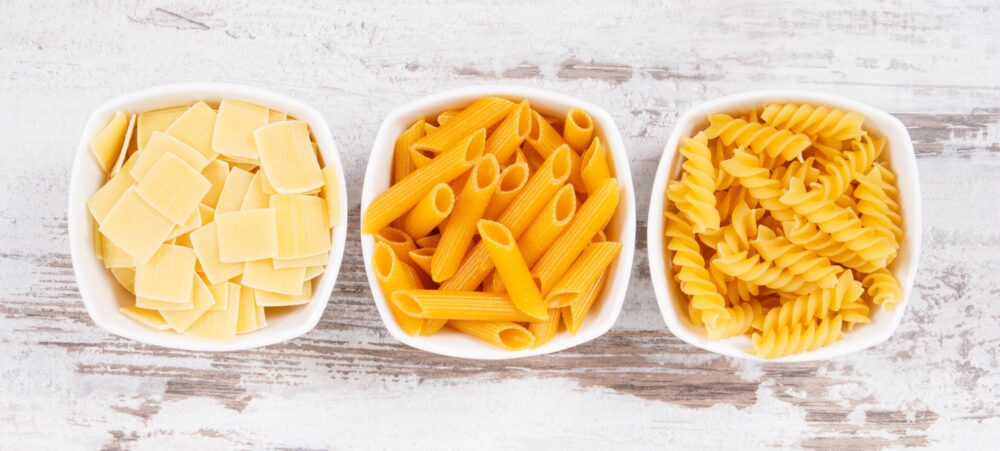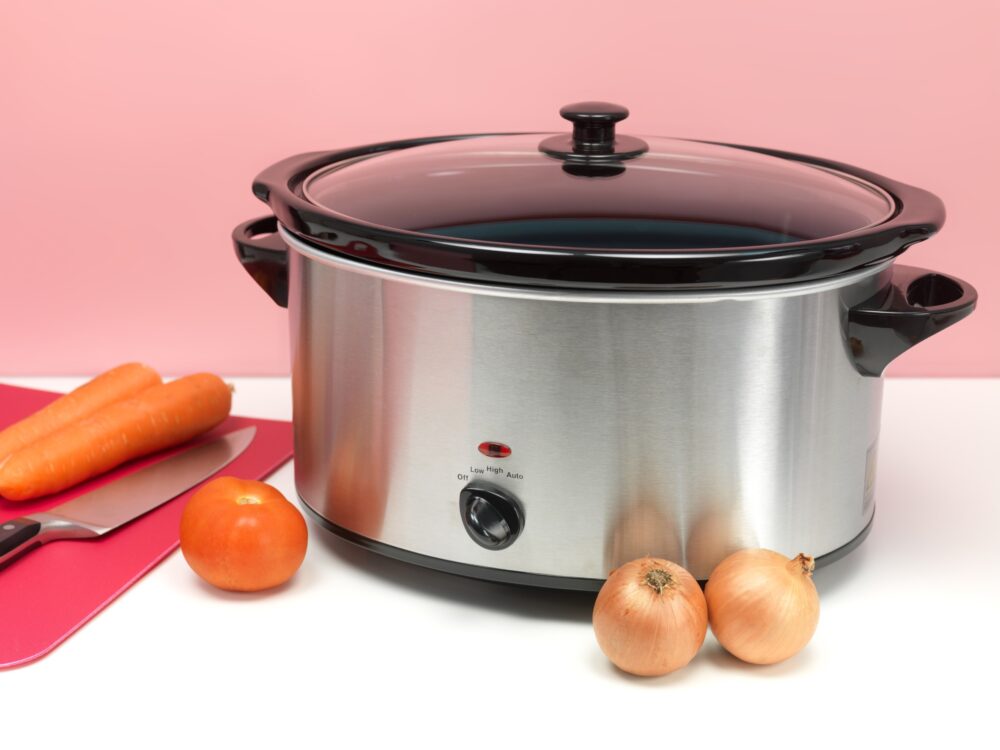
Dining out or getting food via a delivery service is increasingly popular. However, many Millennials don’t have room in their budgets to get meals outside the home while meeting other financial goals and obligations. Fortunately, cooking at home more often can lead to substantial savings and additional benefits like better health and improved cooking skills. Here are 12 ways Millennials can save money by opting to eat at home more frequently.
1. Plan Your Meals in Advance

Planning your meals ahead of time can help you avoid the temptation of ordering takeout or dining out. By creating a weekly meal plan, you can organize your grocery shopping more efficiently and reduce food waste. Knowing what you’ll eat each day also eliminates the stress of last-minute meal decisions. Additionally, it allows you to take advantage of sales and discounts on ingredients, further lowering your food expenses.
2. Batch Cooking and Freezing

Batch cooking is a fantastic way to save both time and money. By preparing large quantities of food at once, you can portion out meals for the week and freeze them. This ensures you have home-cooked meals ready to go, helping to reduce the frequency of eating out. Batch cooking can be especially beneficial for those with busy schedules, as it helps minimize daily cooking time while maximizing savings.
3. Utilize Leftovers Creatively

Instead of letting leftovers go to waste, find creative ways to reinvent them into new meals. Leftover chicken can be turned into a delicious salad or soup, while extra vegetables can be added to a stir-fry or omelet. By repurposing leftovers, you can stretch your food budget further and reduce the amount of food you need to buy. This approach also adds variety to your meals, making eating at home more appealing.
4. Shop with a List

Going to the supermarket with a list can help you curtail impulse buys and stick to your grocery budget. To avoid buying duplicates, take inventory of your pantry and fridge before heading to the store. Following a list can also ensure you don’t buy more food than you need for the week, which helps reduce waste. Overall, this disciplined approach to grocery shopping can lead to significant savings over time.
5. Buy in Bulk

Buying staples in bulk can save you a considerable amount of money. Items like rice, pasta, beans, and spices are often cheaper when purchased in larger quantities. Investing in bulk purchases of non-perishable items can lower your overall grocery bill and ensure you always have essential ingredients on hand. Just make sure to store bulk items properly to maintain their freshness.
6. Cook Simple, Affordable Meals

Fancy ingredients and elaborate recipes can be expensive and time-consuming. Focus on cooking simple, affordable meals that are nutritious and satisfying to make eating at home easier. Dishes like pasta, stir-fries, and soups can be prepared quickly with budget-friendly ingredients. By keeping your meals simple, you can save money and reduce the stress associated with complicated cooking.
7. Grow Your Own Herbs and Vegetables

If you have a green thumb, starting a small herb or vegetable garden can significantly cut down on grocery costs. Fresh herbs like basil, parsley, and cilantro can be grown in small pots on a windowsill or balcony. Vegetables such as tomatoes, lettuce, and peppers can be cultivated in larger containers or garden beds. Growing your own produce not only saves money but also provides fresh, flavorful ingredients for your meals.
8. Limit Convenience Foods

Pre-packaged convenience foods are often more expensive than homemade alternatives. While they might save time, they can quickly add up and strain your budget. Instead, prepare your own snacks and meals from scratch whenever possible. Homemade granola bars, smoothies, and trail mixes are healthier and more cost-effective options compared to their store-bought counterparts.
9. Use a Slow Cooker or Instant Pot

Investing in a slow cooker or Instant Pot can be a game-changer for eating at home. These appliances allow you to prepare meals with minimal effort, making it easier to avoid the temptation of takeout. Slow cookers and Instant Pots are also perfect for bulk cooking, allowing you to make large batches of soups, stews, and casseroles that can be enjoyed throughout the week. The convenience and efficiency these appliances offer can lead to significant savings on food costs.
10. Participate in Meatless Mondays

Incorporating more plant-based meals into your diet can be a cost-effective way to eat healthier and save money. Meat is often one of the most expensive items on a grocery list, so reducing your consumption can lower your food expenses. Participating in Meatless Mondays encourages you to explore affordable vegetarian recipes and diversify your diet with nutritious, plant-based ingredients. Vegetarianism is also good for the environment and can help fight climate change.
11. Make Your Own Coffee and Drinks

One of the simplest ways to save money is by making your own coffee and drinks at home. Daily trips to the coffee shop can add up quickly, costing you hundreds of dollars a year or more. Invest in a good coffee maker or French press and start brewing your own coffee instead. If you aren’t a coffee drinker, you can make your own smoothies, iced tea, or infused water at home to avoid splurging on expensive beverages at cafes.
12. Host Potluck Dinners

Socializing and enjoying meals with friends doesn’t have to involve dining out. Hosting potluck dinners is a fun and cost-effective way to share good food and company. Each guest can bring a dish to share, reducing the overall cost and effort for everyone involved. Potlucks also provide an opportunity to try new recipes and enjoy a variety of home-cooked meals without breaking the bank.
Save Money, Eat Healthier: Win, Win

By adopting these strategies, Millennials can significantly reduce their food expenses. Spending less on groceries will help them meet important financial goals like saving up for a down payment or padding their investments.
Enjoying food at home can also help Millennials improve their health, as they’ll be able to control the ingredients and calories in their meals. Sharing home-cooked food with friends can even enhance their relationships. Overall, eating at home more often can lead to a more balanced and financially stable lifestyle.
Read More
Move Back In With Your Parents: 10 Ways This One Hack Can Save You Thousands Per Year
15 Smart Budgeting Tips for Turning Your Finances Around
Vicky Monroe is a freelance personal finance and lifestyle writer. When she’s not busy writing about her favorite money saving hacks or tinkering with her budget spreadsheets, she likes to travel, garden, and cook healthy vegetarian meals.
Comments